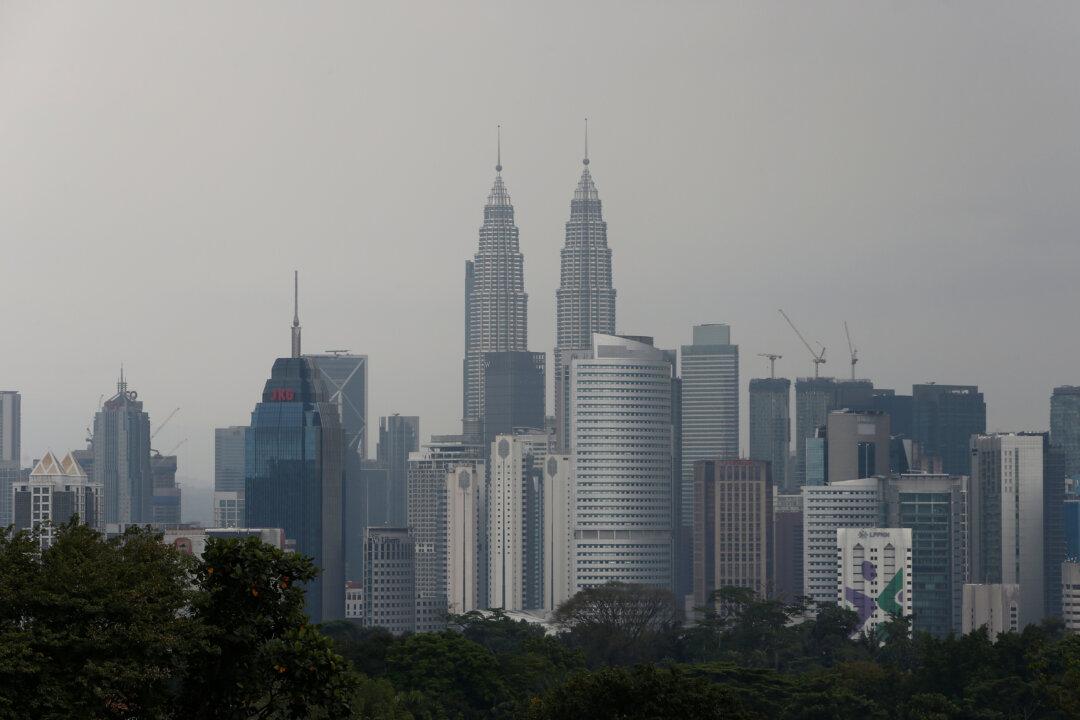Asian countries are looking for catalysts beyond China to drive their economies as the Sino-U.S. trade war forces Chinese demand for their exports to shrink.
Thailand has unveiled a “relocation package” comprising tax incentives and changes in laws to attract foreign firms.





